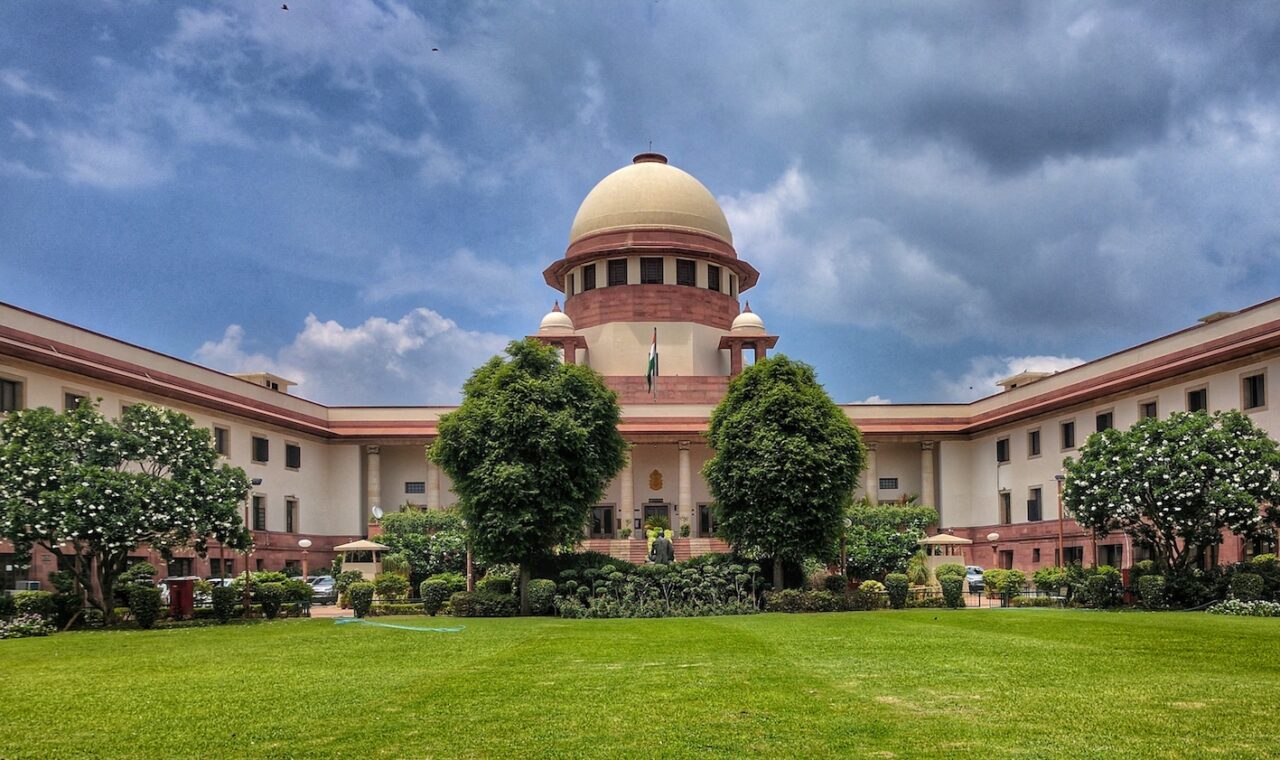No merits in the case to prove that the cab aggregators i.e. Ola and Uber were carrying out any anti-competitive acts. Further, the NCLAT finding that the Petitioner does not have locus standi to file an appeal was dismissed. The ratio was laid down by J. RF Nariman, Krishna Murari and KM Joseph in the case of Samir Agarwal Vs. Competition Commission of India & Ors., [Civil Appeal No. 3100 of 2020].
The Petitioner in this case approached the CCI alleging that the cab aggregators were carry out anti-competitive practices based on the algorithmic pricing software used by them. The Petitioner alleged that this practice was against Section 3 of the Competition Act as it did not permit the individual cab drivers to compete among themselves. The CCI carried out an investigation in this case and held that the pricing is based upon the personal data and information available like demand, day, traffic, time of the day, and the drivers had no agreement or meeting of mind to fix the price. Secondly, the allegation against the minimum resale maintenance was dismissed on the grounds that there was no ‘resale’ in the app-based cab services. NCLAT dismissed the appeal on similar grounds stated by the CCI. It further held that the Petitioner had no locus standi to make the appeal and approach the CCI.
The Supreme Court upheld the order of the CCI and NCLAT on the grounds that there was no merits in the case that could prove anti-competitive practices but rejected the NCLAT’s finding that the Petitioner had no locus standi in this case. The Supreme Court stated that the definition of ‘person’ in the Competition Act is very wide and it is difficult to agree with the finding on the NCLAT. It further stated that,
“13. A reading of the provisions of the Act and the 2009 Regulations would show that “any person” may provide information to the CCI, which may then act upon it in accordance with the provisions of the Act. In this regard, the definition of “person” in section 2(l) of the Act, set out hereinabove, is an inclusive one and is extremely wide, including individuals of all kinds and every artificial juridical person. This may be contrasted with the definition of “consumer” in section 2(f) of the Act, which makes it clear that only persons who buy goods for consideration, or hire or avail of services for a consideration, are recognised as consumers.
14. A look at section 19(1) of the Act would show that the Act originally provided for the “receipt of a complaint” from any person, consumer or their association, or trade association. This expression was then substituted with the expression “receipt of any information in such manner and” by the 2007 Amendment. This substitution is not without significance. Whereas, a complaint could be filed only from a person who was aggrieved by a particular action, information maybe received from any person, obviously whether such person is or is not personally affected. This is for the reason that the proceedings under the Act are proceedings in rem which affect the public interest. That the CCI may inquire into any alleged contravention of the provisions of the Act on its own motion, is also laid down in section 19(1) of the Act. Further, even while exercising suo motu powers, the CCI may receive information from any person and not merely from a person who is aggrieved by the conduct that is alleged to have occurred. This also follows from a reading of section 35 of the Act, in which the earlier expression “complainant or defendant” has been substituted by the expression, “person or an enterprise,” setting out that the informant may appear either in person, or through one or more agents, before the CCI to present the information that he has gathered.”
The Supreme Court with respect to the power vested with the CCI and the provision in the act which enable it to act in rem, in public interest, it stated that, “ Further, it is not without significance that the expressions used in sections 53B and 53T of the Act are “any person”, thereby signifying that all persons who bring to the CCI information of practices that are contrary to the provisions of the Act, could be said to be aggrieved by an adverse order of the CCI in case it refuses to act upon the information supplied. By way of contrast, section 53N(3) speaks of making payment to an applicant as compensation for the loss or damage caused to the applicant as a result of any contravention of the provisions of Chapter II of the Act, having been committed by an enterprise. By this sub-section, clearly, therefore, “any person” who makes an application for compensation, under sub-section (1) of section 53N of the Act, would refer only to persons who have suffered loss or damage, thereby, qualifying the expression “any person” as being a person who has suffered loss or damage. Thus, the preliminary objections against the Informant/Appellant filing Information before the CCI and filing an appeal before the NCLAT are rejected.”


